Reviewer Rating: 3/5.0
3
Time Bandits is a hard sell. It’s clearly aimed at children, but lacks the indelible quirkiness of the original. Of course, every creator has their own vision, which usually contradicts the original work in some way.
But it’s hard to take it seriously when that vision reveals a huge divide between the original and the remake. Aesthetically and feel-wise, the new show has very little in common with the original.
That’s not always a bad thing, but Taika Waititi’s style and comedic enthusiasm are often overwhelming, at the expense of everything else, even stuff that might have worked if given the time.
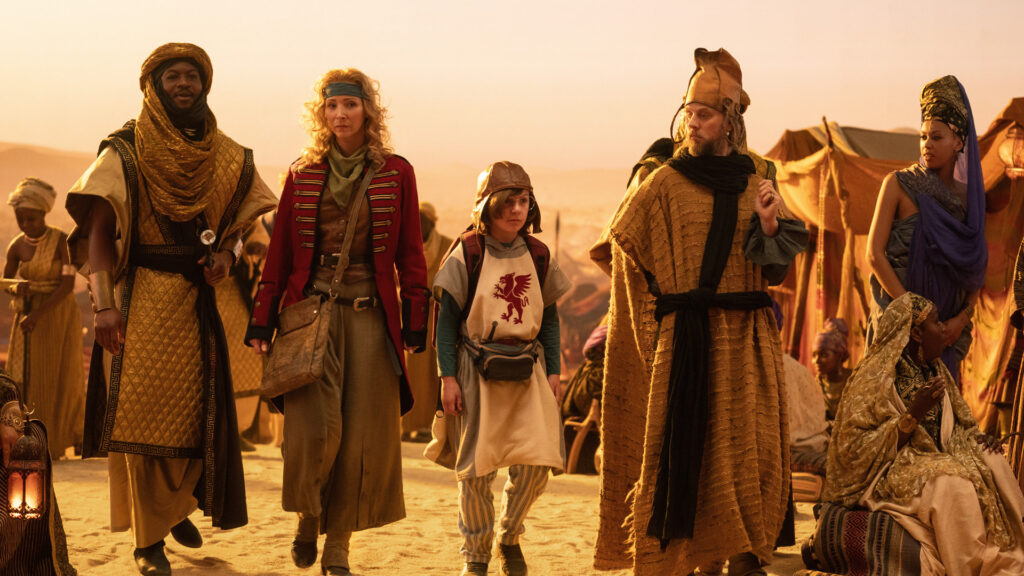
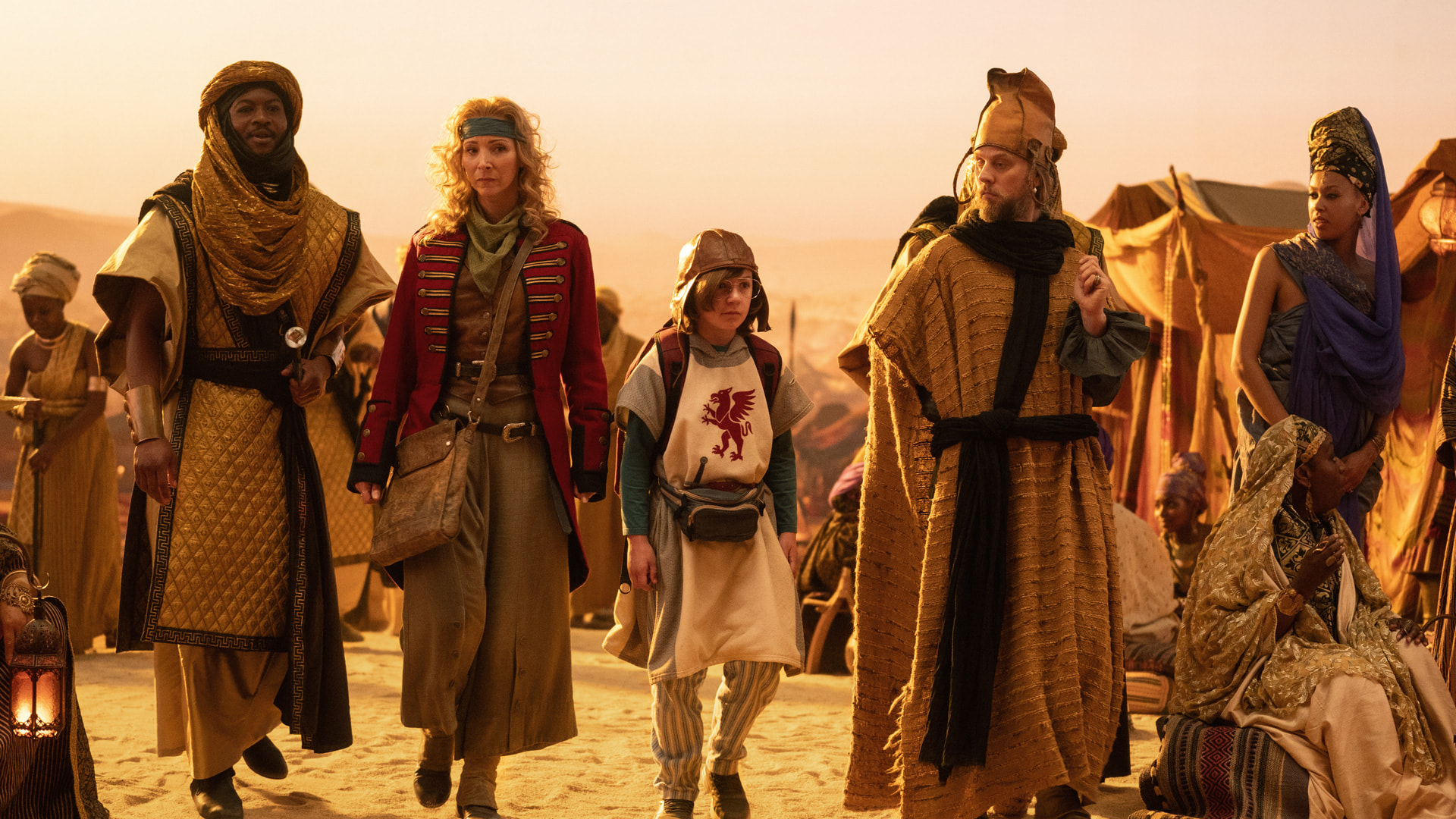
That being said, episodes five and six were surprising. The wheels of story and character are finally starting to spin, albeit very slowly. At this point, movement in any direction is a welcome change.
After all, for a story to have meaning and depth, you have to care about or at least relate to the characters. It took “Time Bandits” four episodes to get there, but we’re finally there.
Judy gets a little time in the spotlight
By this point, it’s no surprise that no one knows who Judy is. As a member of the Time Bandits, Judy is new to the audience in every way.
Her lines are few and far between, but episode five gives her a little momentum. It’s not much, mind you, but it’s enough to remind the audience that there is, in fact, a Judy, and that she is real.
It wasn’t until Giacomo Cassanova, of late 18th century fame, that Judy was brought to the forefront, but it’s refreshing that we finally get some back-and-forth with her character.
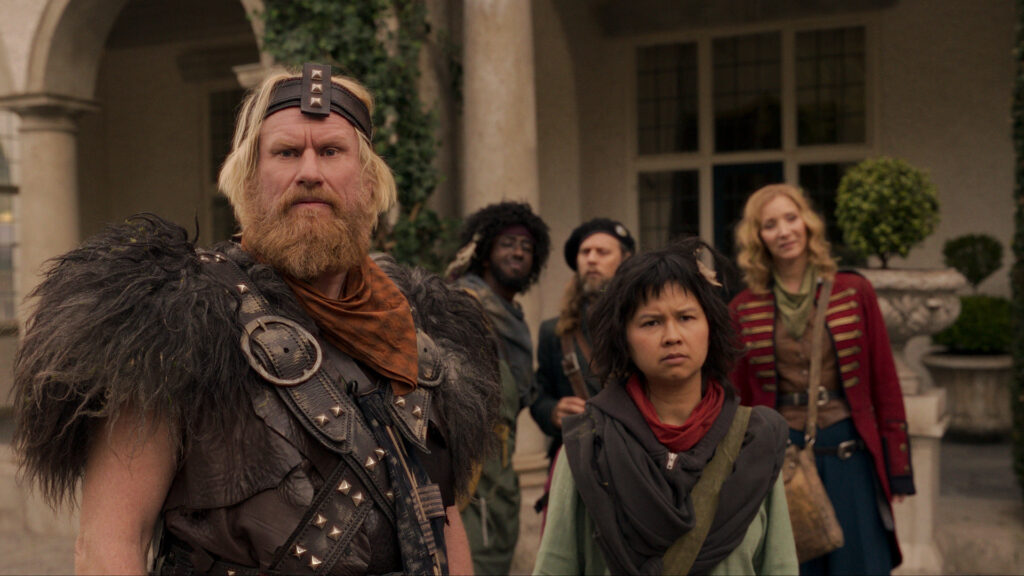
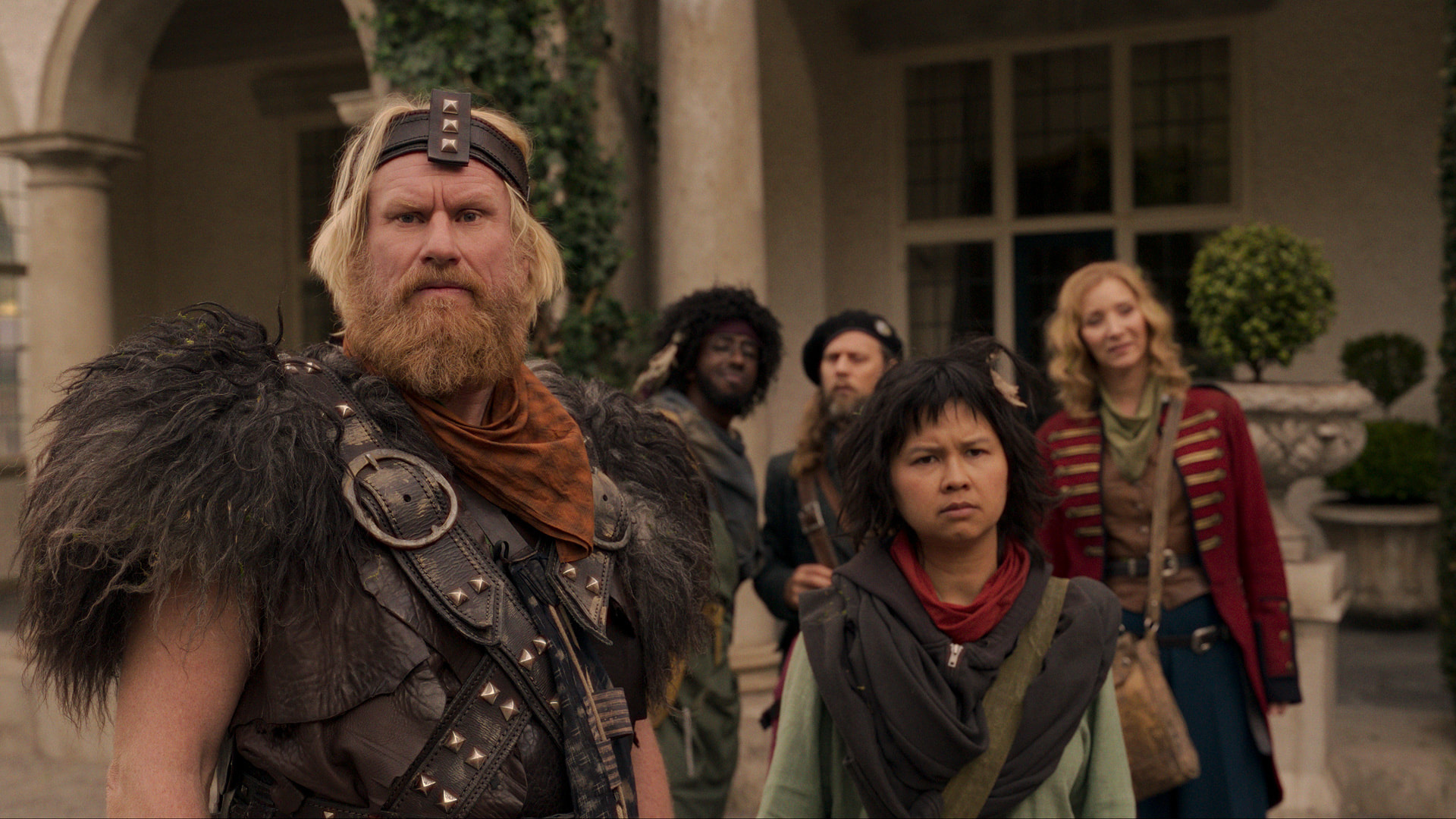
In fact, we saw a lot of character growth in episodes 5 and 6.
Judy’s dry, melancholy comic dialogue may not be to everyone’s liking. Still, Waititi’s recurring tone of slapstick, silliness, and overly nonchalant atmosphere remains thrilling.
Character development finally
While Judy hangs out with the insufferably stupid Casanova, Artaud begins testing his acting skills, starting with his eyebrows, attracting the attention of an old lady who wants to see him in a Shakespeare play. look.
Penelope lay down at night, with a melancholic expression (a rarity for her), and gazed at the artwork of a man named Gavin. There is little else in the scene, but Penelope’s reverence for the small painting speaks volumes.
Bitlage is busy acting as a middleman, dealing with everyone’s problems, giving his poor advice, and creating problems for himself. As usual, Kevin shows off his historical credentials, ultimately leading to Penelope being forced to duel.
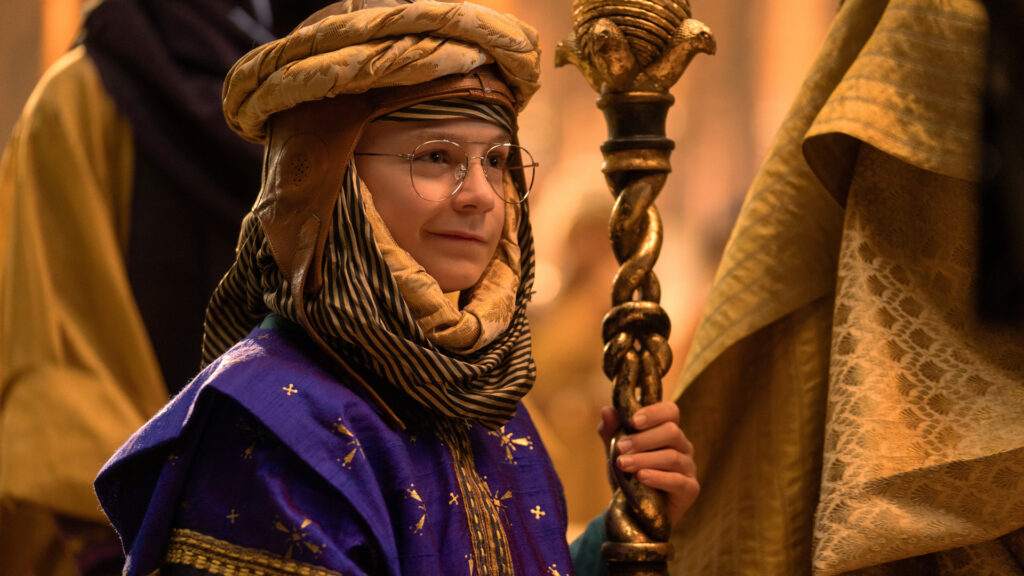
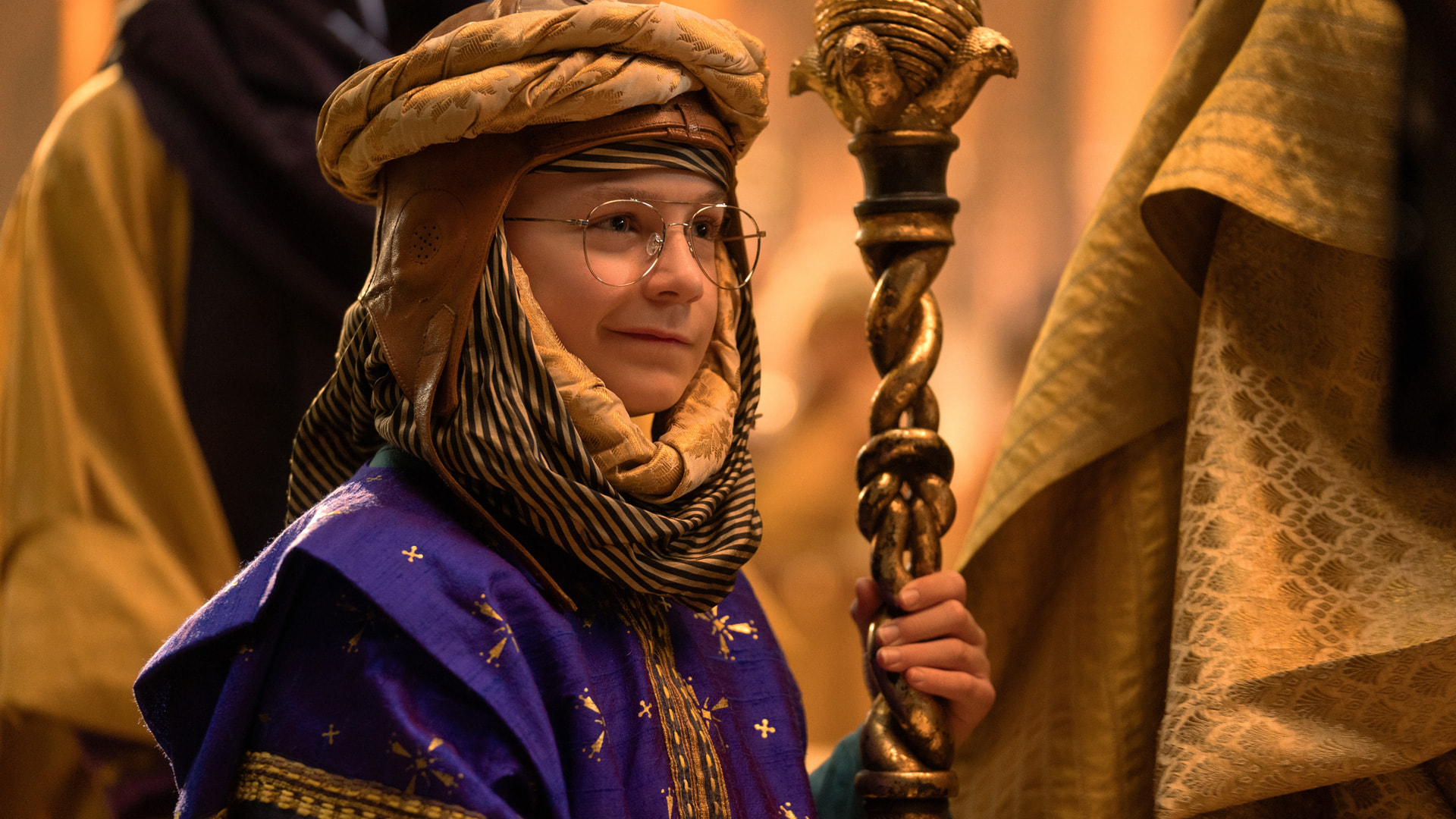
In episode six, the show finally reveals the connection between Penelope (and the rest of the Time Bandits) and Kevin as more than just a fractious pair bound by bad luck.
It turns out that Penelope and the rest of the Time Bandits are finally interested in Kevin’s existence. Speaking of warming, the show made the most baffling decision to bring Kevin’s sister into the story, resulting in her being trapped in an Ice Age.
It’s puzzling because the show devotes so little time to her and goes to great lengths to try and gloss over the exploits of Time Bandit, Pure Evil, Investigator Supreme, and Kevin’s sister Saffron.
Saffron, The Investigator, The Supreme, Pure Evil.
Saffron and the Lord’s investigators are pushing the limits. Their screen time is so short that it’s easy to forget about them entirely.
At some point, Saffron will be integrated into the Time Bandits story, but the journey to get there is completely forgettable.
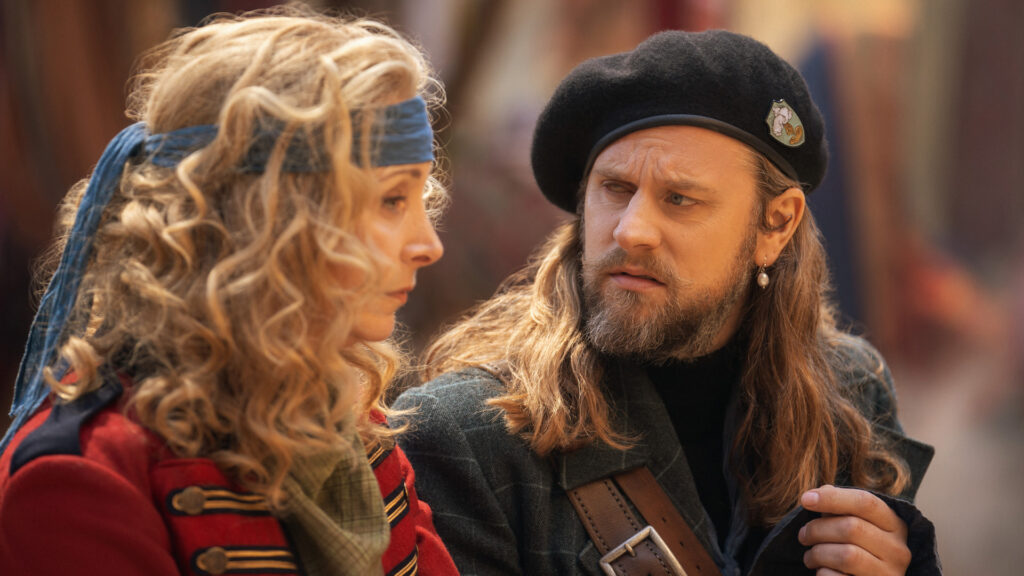
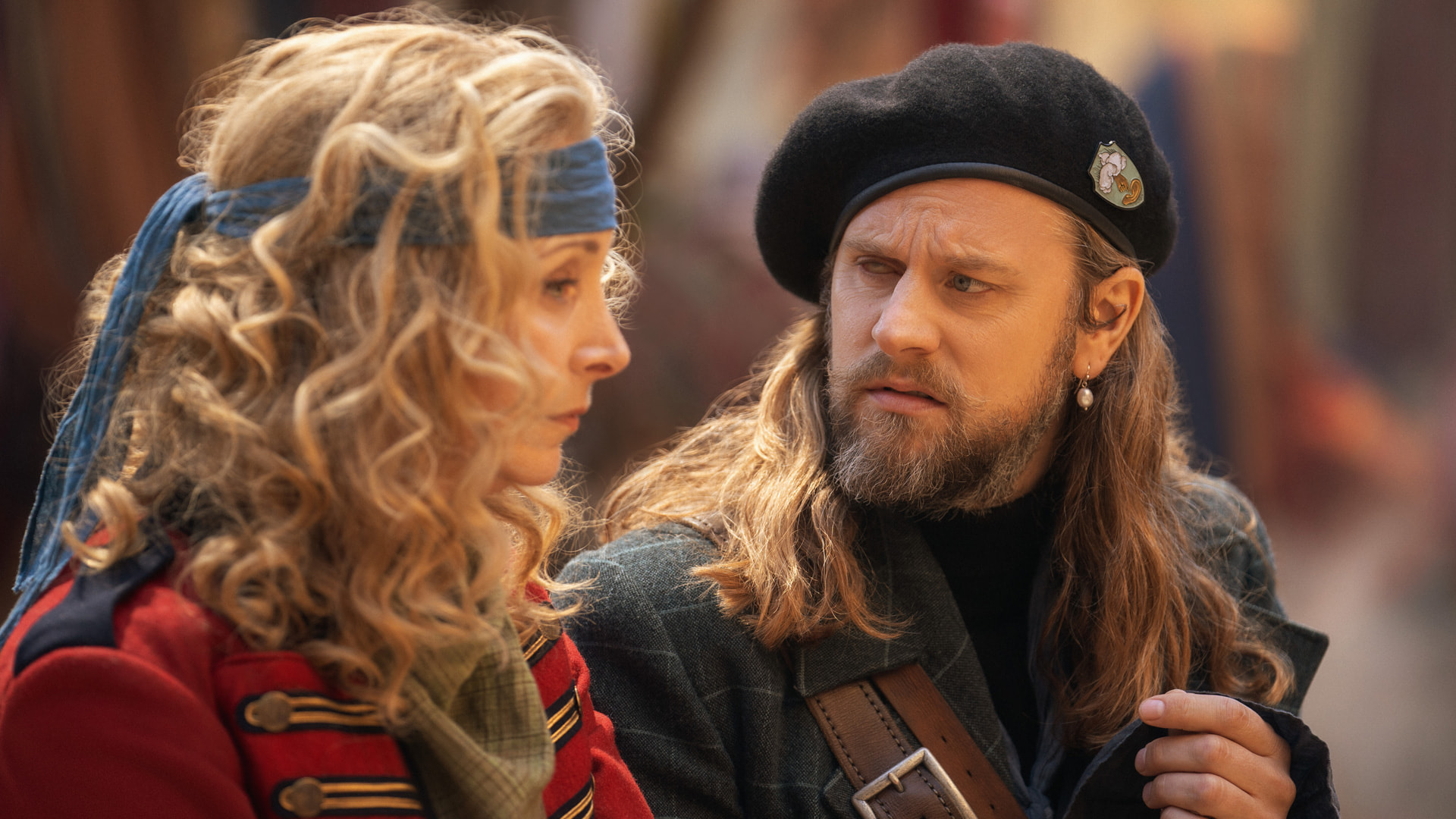
The same goes for investigators. In fact, the only interesting thing of note about them is that Waititi seemed to go with two villains to quell critical outcry during pre-release coverage.
What purpose? Why are they investigating?
No matter where the Time Bandits are, the Supreme Being and even his associates will appear at any given moment, seemingly on a whim.
Yet we have two investigators tracking the time bandits, because the Supreme Being can’t—unless he can. OK, continue.
The idea of swapping the status of a supreme being with that of pure evil is nothing new. It’s a predictable trope, and even if the two were merely moral equals, the end result would be too predictable.
However, not much time is spent on either. From the perspective of establishing two opposing moral perspectives, not much needs to happen in either of them. One is light and one is dark. The end of the story. At least, that’s usually the case.
But both are given enough time in the story to establish the upcoming switch or equilibrium. It all seems too easy to calculate.
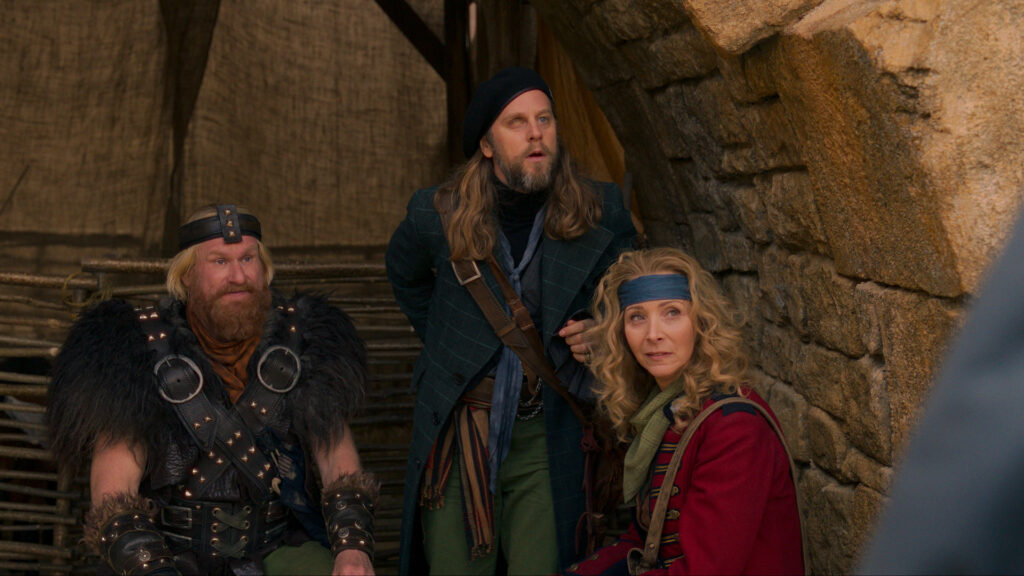
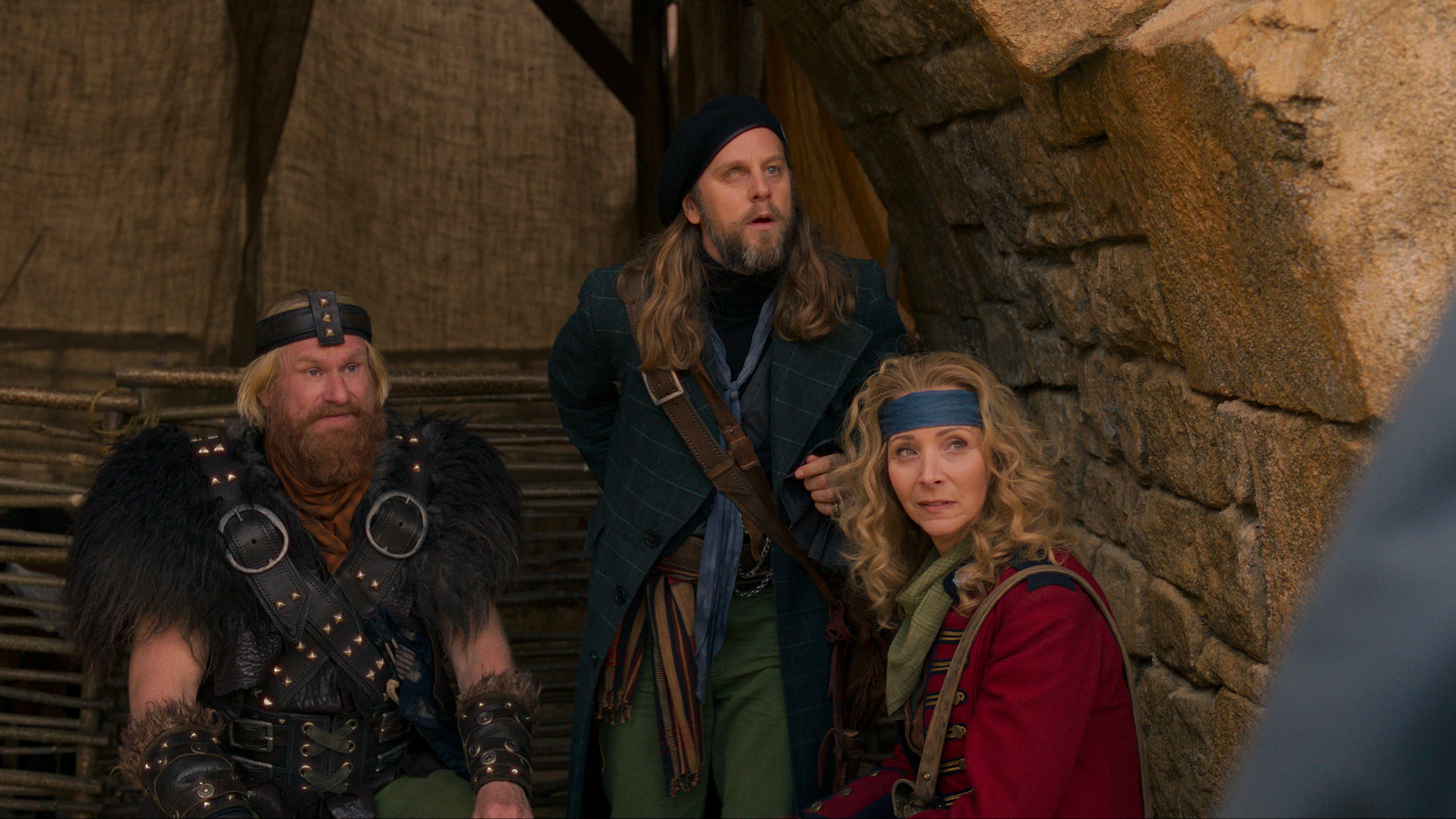
On the plus side, Pure Evil has enough personality and a dazzling performance to make his time on screen interesting. The Supremes is Taika Waititi as Taika Waititi.
You will love the view here
Likewise, one of the biggest benefits of watching shows on Apple TV+ is the quality. Apple has gotten into some trouble with its excessive spending, but it shows in Time Bandits.
England in the late 18th century is exactly what we would expect from that corner of the world where gray, dull clouds cover the sky every day.
However, the Time Bandits’ journey to the early 14th century Mali Empire is a thing of beauty. The costumes, swirling colors, canopies and energy of life juxtaposed against the harsh desert terrain are soothing.
Putting aside any issues that arise, credit is given where credit is due. One thing no one can say (at least not with a straight face) is that Time Bandits doesn’t look good. However, if Q2 arrives, things could change a bit as Apple tightens its financial belt.
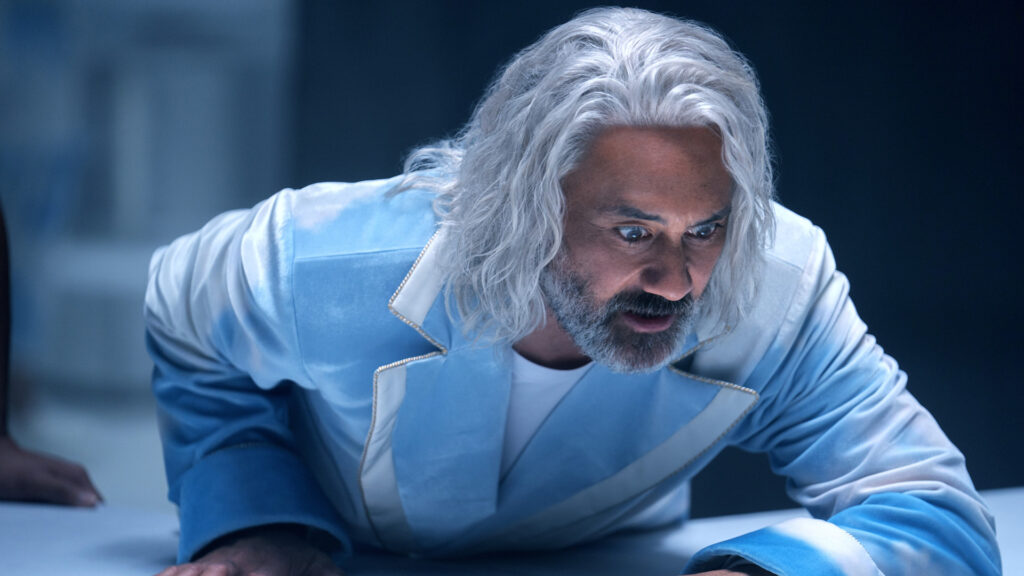
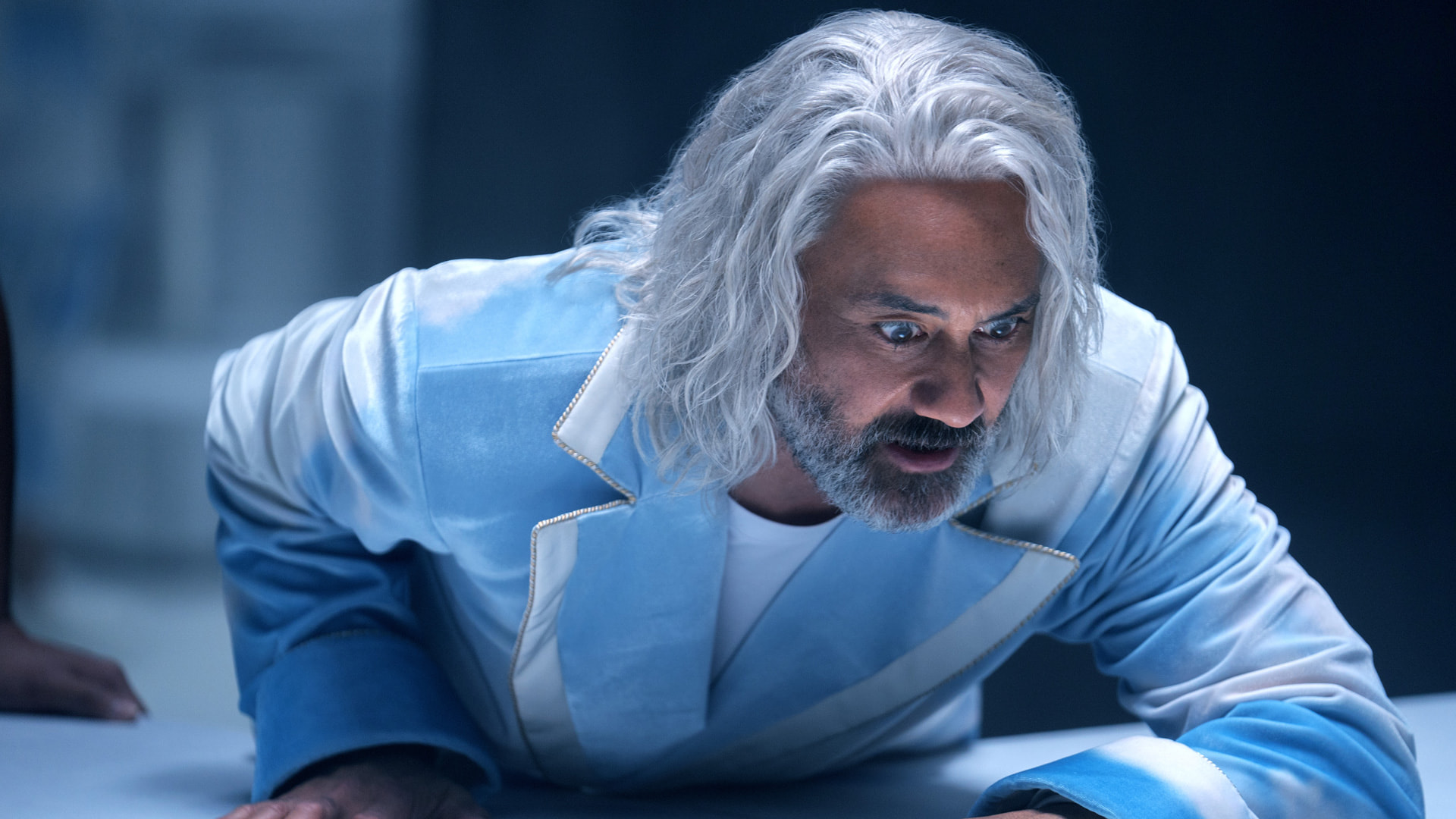
There was a big change in pace between episodes 5 and 6
From the author’s perspective, Time Bandits falls far short of the levels of surreal weirdness and classic fantasy of the original.
It tries hard, but often gets bogged down in itself, with a perpetual lack of seriousness, occasional plot holes, and immersion-breaking detours into the overall scope of its microscopic characters.
Episodes five and six put the brakes on the pedal a bit, slowing things down and allowing some of the characters, especially Judy, Artaud, and Penelope, to go through some of the changes we might call growing up.
Sure, the characters are lively, fun, and boisterous, but when all of your characters fit 100% of accurate descriptions, you’re left with a character split into parts.
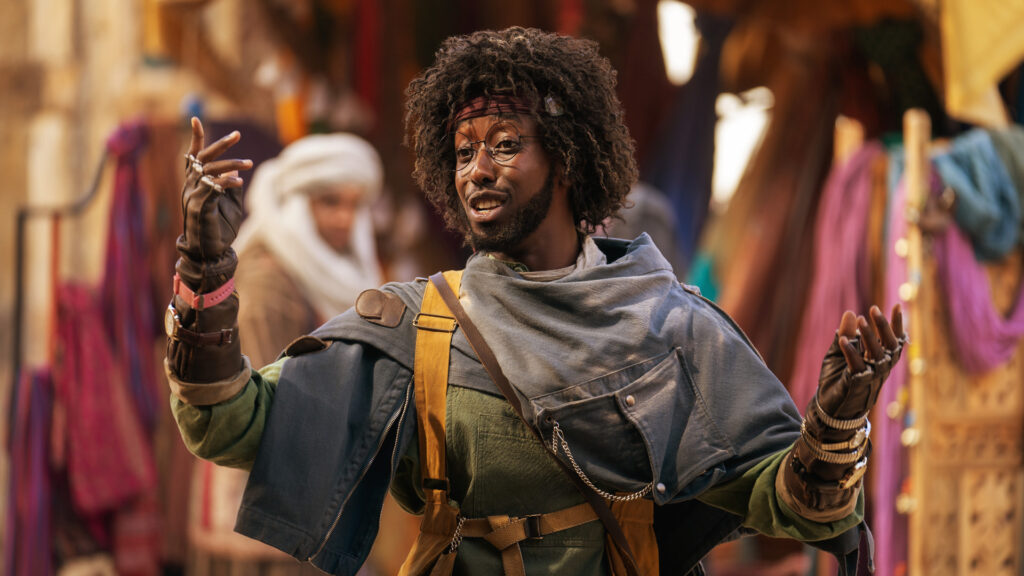
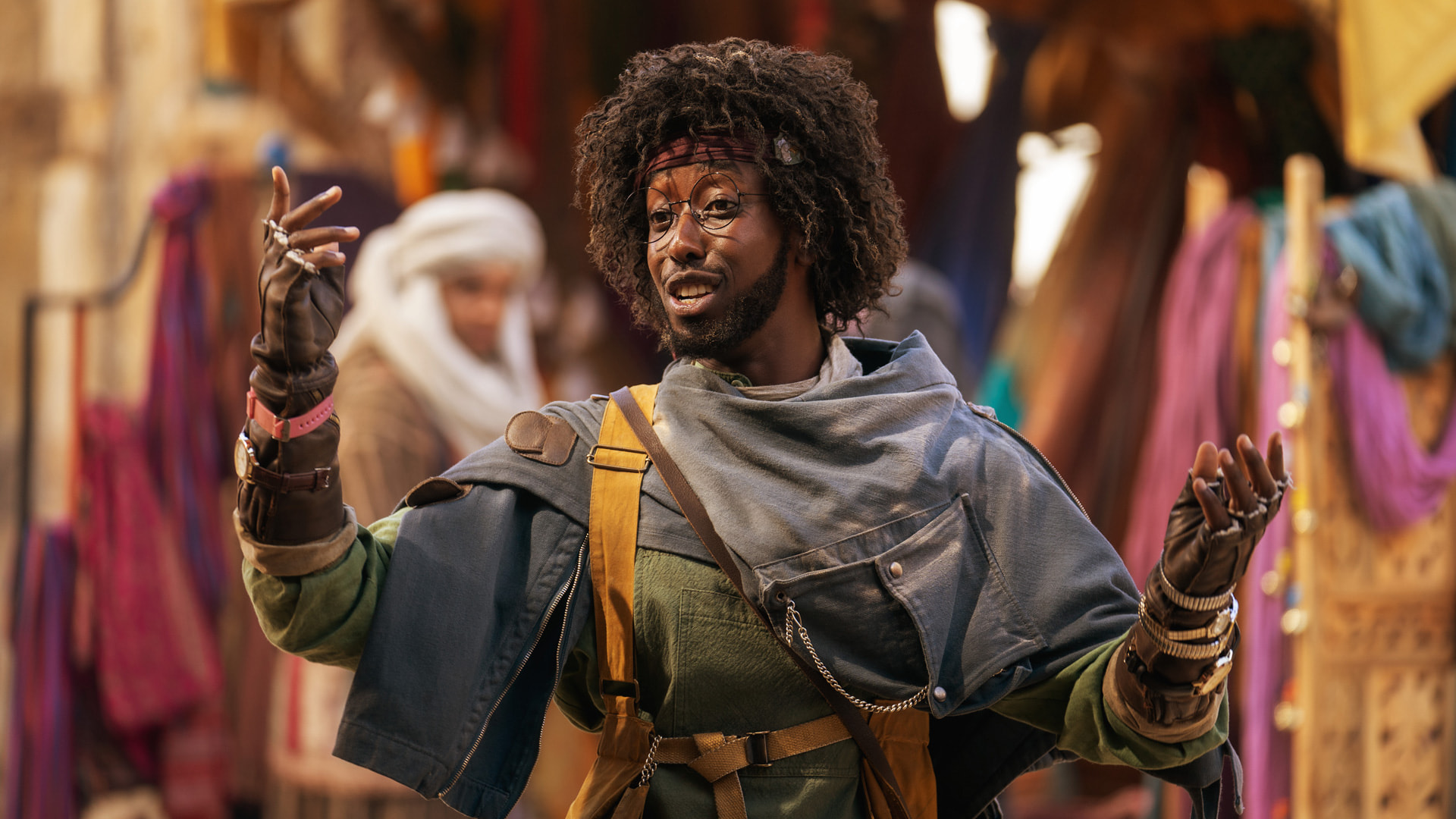
“Time Bandits” is a great example of overindulgence, and in six episodes, the audience and some of the characters finally have a tiny connective tissue between them.
While the season finale is shaping up to be a bit premature, there’s hope that the final four episodes will provide enough characters to make these crazy time bandits worth traveling with them again.
What did you think of episodes five and six? Do you like where this show is going? Let us know in the comments below!

